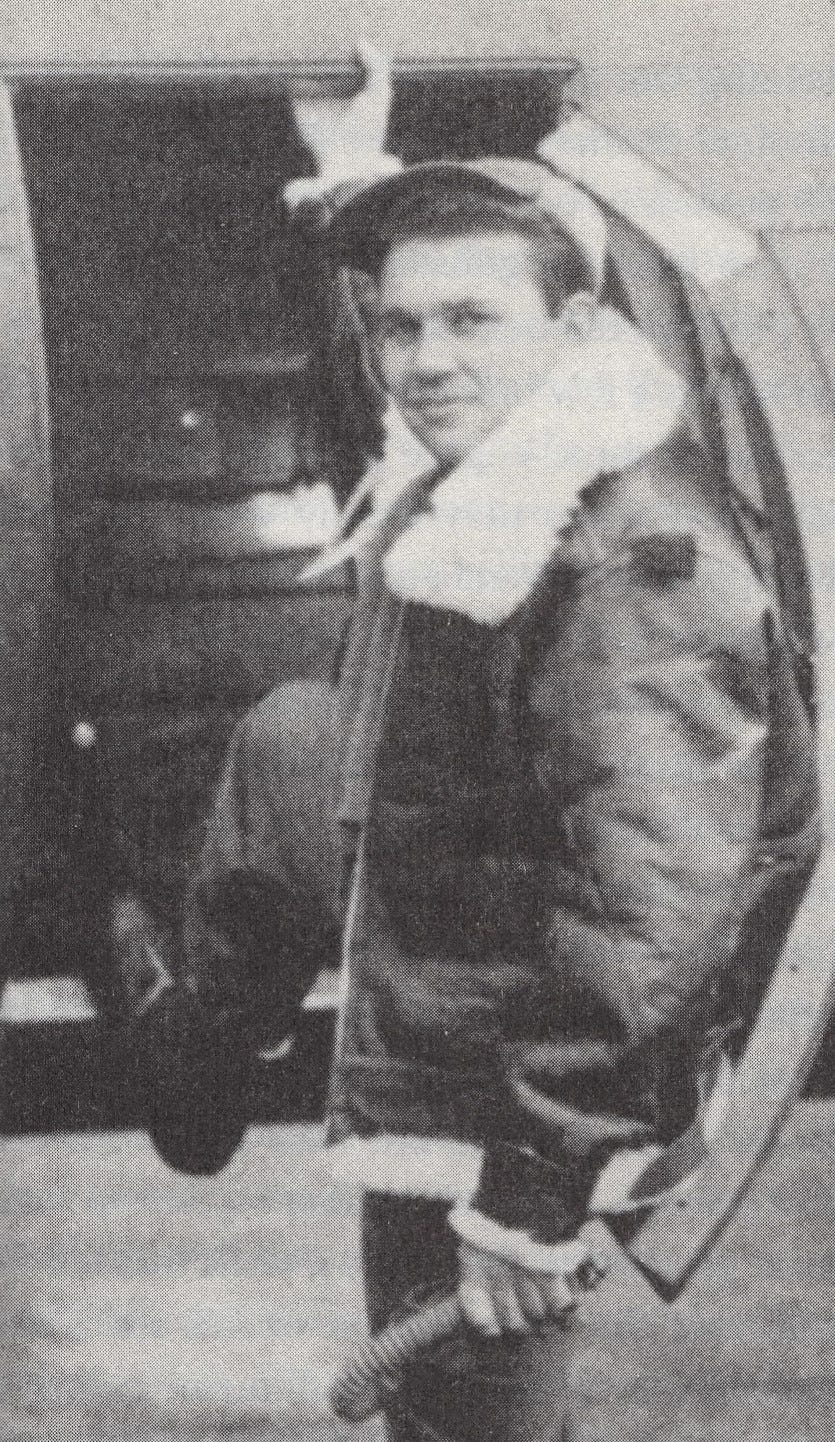Andy Rooney at war
Like his longtime CBS colleague Walter Cronkite, Andy Rooney was one of the most recognizable faces in television news over the latter half of the 20th century.
Long before he became a fixture on “60 Minutes,” though, Rooney (like Cronkite) was a grunt reporter on the front lines in World War II.
Born Jan. 14, 1919, Rooney was a former Colgate football player who had no interest in joining the Army but acquiesced after being drafted in the summer of 1941. After training at Fort Bragg, he shipped out to England the following summer as a member of a field artillery unit.
He had no interest in those duties, however, and eventually landed a spot with the Army’s newspaper, The Stars and Stripes, in London. In his 1995 memoir, My War, he described the routines followed by he and his fellow correspondents assigned to the Allied bombing campaign:
A reporter covered the air war by traveling from London to one of the hundreds of air bases to interview the crews of the bombers that had been out that day over France or Germany. The Eighth Air Force went out two or three times a week in 1943, depending on weather conditions and depending on the bombs and equipment that were available. It wasn’t an airline operation where they were cleaning out debris left by previous passengers and bringing on fresh containers of coffee. …
When the planes were ready to go, the Eighth Air Force public-relations office, under the direction of Col. John Hay (Jock) Whitney, got the signal from bomber headquarters that there was to be a raid the following day. Col. Jack Redding, Maj. Hal Leyshon, Capt. Tex McCrary, or Cpl. Jimmy Dugan called the dozen reporters covering the Eighth Air Force as late as 2 a.m. with a cryptic message.
The phone calls we got were wonderfully mysterious. The phrase on the other end was always something like ‘There will be a mail delivery tomorrow’ or ‘Travel arrangements have been made for 8 a.m.’ No matter what the voice said, we knew what it meant. The calls gave me the feeling that I was part of a great conspiracy to save the world.
But the pride I felt being an Army newspaperman was diminished whenever I went to one of the airfields to meet the returning B-17s whose crews risked their lives while I was so safe from danger myself. They were doing it, I was watching from a distance. It seemed unfair that I could go back to my snug apartment in London when a dozen of my friends who flew had to stay close to their bases and wait for the dreaded words ‘We’re going out in the morning.’
Rooney was part of the “Writing 69th,” a group of correspondents covering the air war that also included Cronkite of United Press, Homer Bigart of the New York Herald Tribune and Gladwin Hill of the Associated Press. All of those men flew with the Eighth Air Force in the Feb. 26, 1943 raid on Wilhelmshaven. One of their colleagues, Robert P. Post of The New York Times, didn’t return from that mission.
After the fighting moved to the continent in the summer of 1944, Rooney followed the action. He was present for the capture of the bridge at Remagen in March 1945 and the following month was one of the first journalists into Buchenwald after fellow correspondents Hal Boyle of the AP and Jack Thompson of the Chicago Tribune told him what they had witnessed there.
The latter experience shook him to the core, and Rooney wrote about the embarrassment he felt at his long-ago objections to joining the military.
Rooney finished the war as one of Stars and Stripes’ best-known correspondents, teaming up with his colleague Oram “Bud” Hutton to write a pair of books about the war: Air Gunner and The Story of the Stars and Stripes.
Though he would write in My War that he could go days or even weeks without thinking about his war experiences, those memories remained indelible decades later:
For three of my four years in the Army, I saw the fighting from close up. I can’t forget much of what I saw and I want to write it down. For one thing, writing is a cathartic experience. Once you’ve put something down on paper, you can dismiss it from your mind. Having told it, I’ll be able to forget it.




